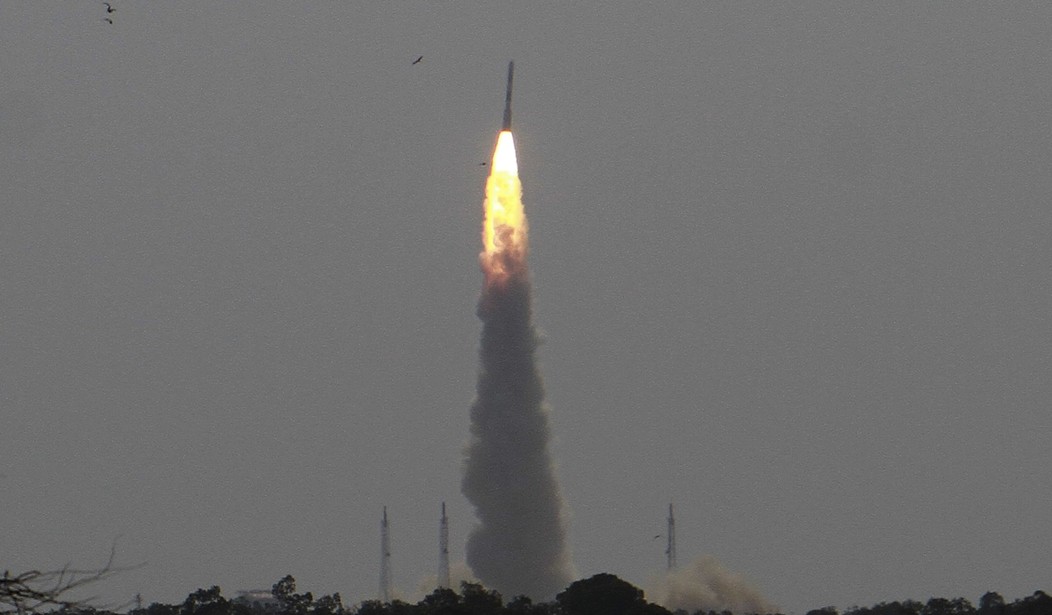A Silicon Valley startup is in big trouble with the FCC for launching four of its satellites without permission. Swarm Technology of Mountain View, Calif., has been developing its ultra-small satellites, called SpaceBEEs, designed to provide a network for the Internet of Things (IoT) devices in our homes and cars.
The company was founded in 2016 by ex-Google engineer Sara Spangelo and another man who sold his company to Apple. The company and its activities have been in stealth mode until now, but in applications for grants, it claims that its worldwide network technologies offer a much lower cost solution with wide applications.
The reason the FCC refused to grant them permission in December of last year was that their satellites are so small they could be a safety hazard to other spacecraft in Earth’s orbit. Their tiny size makes them difficult to track, which could result in collisions with existing spacecraft. The letter from the FCC noted:
You are advised that the Commission is unable to grant your application for the facilities requested. The applicant proposes to deploy and operate 4 spacecraft that are smaller than 10 cm in one of their three dimensions. These spacecraft are therefore below the size threshold at which detection by the Space Surveillance Network (SSN) can be considered routine. The proposed addition of Ku-Band radar reflectors to the satellite would overcome this issue with respect to only to the small portion of the SSN that utilizes Ku-Band frequencies. Use of GPS data from the satellites will be available only if and while the satellites are functional.
In the absence of tracking at the same level as available for objects of 10cm x 10 cm x 10 cm, and in the event of a conjunction with an operational spacecraft, the ability of operational spacecraft to reliably assess the need for and plan effective collision avoidance maneuvers will be reduced or eliminated. Accordingly, we cannot conclude that a grant of this application is in the public interest.
In spite of the rejection, the SpaceBEEs, as the company calls them, were launched on January 12 using one of India’s Polar Satellite Launch Vehicles. The payload was identified as a “two-way satellite communications and data relay” device from the United States.
As a result of ignoring their ban, the FCC has now revoked Swarm’s approval for its next mission in April, citing an “apparent unauthorized launch and operation” of these four satellites.
The FCC warned Swarm that the agency would look at “the impact of the applicant’s apparent unauthorized launch and operation of four satellites and assess its qualifications to be a Commission licensee.” Swarm will now need to convince the FCC that its permission should not be revoked, otherwise the startup could lose permission to roll out its network, which could put the company in jeopardy.
IEEE, where the story first appeared, has been unsuccessful in its attempts to reach Swarm for comment.
The launch services company, Spaceflight, which managed the launch contents, normally checks its customers’ regulatory licenses but somehow allowed Swarm through without a license. The company said it “has never knowingly” launched without FCC licenses.









Join the conversation as a VIP Member